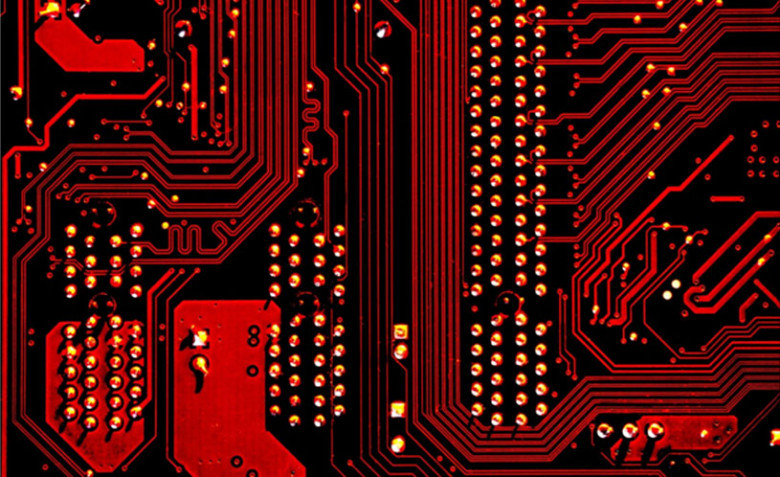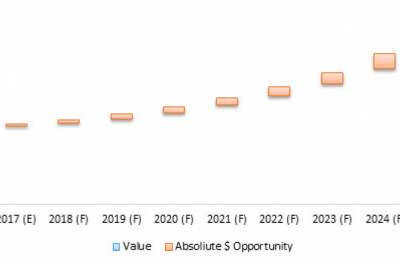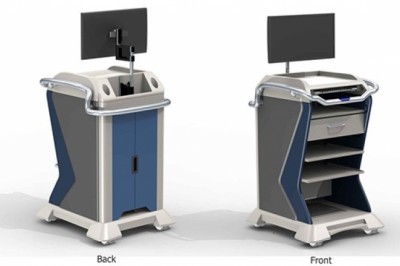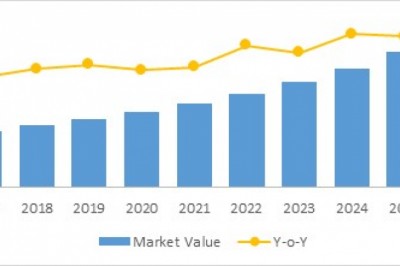views

It therefore not a surprise that the same Internet is being misused by people with criminal mindset in carrying out illegal and unlawful activities such as identity theft, cyber-extortion, theft of credit card/bank account details etc. The rate of cybercrimes has increased exponentially over the past few years. Cyber attackers can target either you or your company and you may not even know it until much after the attack has been carried out.
This is where data security comes into play.
Data security is the process of protecting and securing your private and sensitive data from unauthorized access, misuse and corruption.
Each one of us has data/information that is sensitive, private and personal, information such as date of birth, address, bank account and credit card numbers, passwords, important files, pictures, videos on your laptop/phone/computer etc. Your personal data is always at the risk of unauthorized access and misuse. If ignored, these threats could cause serious loss of your money and reputation.
Common Security Attacks You Could Face:
Some of the common data security attacks that one could face in your day-to-day life:
Email spam and phishing attacks. A spam email is an unsolicited email sent to your inbox. Usually, these emails are related to advertisements, promotions etc. and could contain links to the websites that could be dangerous. Phishing attacks aim at stealing your personal and private information such as passwords, bank account and credit card numbers etc. These attacks are typically carried out by spoofing emails that appear to have come from a legitimate source.
Identity Theft – An attacker could steal your personal identity and/or financial information and use it to commit fraud.
Loss of privacy due to the use of social networking sites – Your profile page, posts or other activities on social networking sites could accidentally leak your personally identifiable information (PII). A classic example of this is people posting their personal information such as date of birth, address etc. on their profile which is readily accessible to attackers.
Malware attacks – Your laptop and computer could get attacked by a malware. Typical malwares are viruses, trojans and spyware. Virus is a malicious program that replicates itself and corrupts files and folders on your laptop. Trojan is a program that looks like a genuine application but provides backdoor entries to other malicious programs that steal your data. Spyware programs aim at collecting data about users and their behavior such as Internet browsing history etc. They could get installed with or without your permission. Read more....













